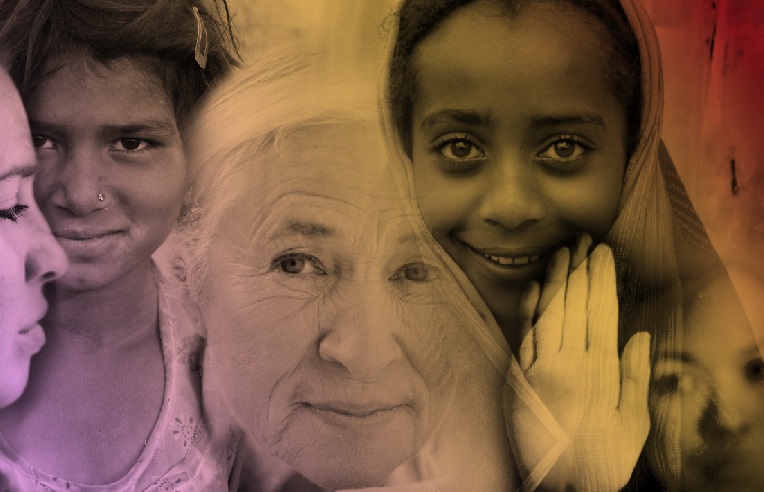During November, the European Union EUROsociAL+ Programme, through its Gender Equality Policies Area in Expertise France, is developing a programme with various national and regional activities in connection with physical autonomy to combat gender violence.

The EUROsociAL+ Programme is committed to reducing the inequality gaps between women and men as a way to improve social cohesion in Latin America. Such cohesion can only exist if it is possible to prevent, reduce and punish gender violence.
Through various technical cooperation tools, the programme has been able to co-construct, together with the governments of Latin America, various responses to provide public action with greater coherence in the fight against gender violence, involving key actors in the institutional chain: Advancement Mechanisms for Women (MAM), the judicial system, prosecutors, Interior Ministries, Health and local authorities and networks in charge of shelters, social and employment services. As a result of this collaboration, the programme has been a vector for substantive exchange and learning from European and Latin American experiences in the fight against gender violence, covering technical areas as diverse as the investigation of feminicides, the design of surveys on the prevalence of gender-based violence, work with male aggressors to prevent recidivism, and even actions that point to the impacts of the Covid-19 pandemic on the physical autonomy of women.
On the occasion of the International Day for the Elimination of Violence against Women, 25 November 2020, the European Union Programme for Social Cohesion in Latin America, EUROsociAL+, is developing various events on the physical autonomy of women as part of its specific and regional actions.
From the EUROsociAL+ Gender Equality Policy Area, already more than 3 years after its creation, the Programme is organising an event to present some of the contributions it has made in the field of violence against women in Latin America through dialogue with Europe. The event is part of an internal exercise to capitalise on experiences and lessons learnt that seeks to federate actors from Latin America and Europe around spaces for dialogue and common challenges, which can enhance the efforts made, from a bi-regional perspective
Likewise, throughout November, the area is co-organising and participating in various events developed by Latin American institutions, with the aim of making visible the public policies implemented to reinforce women’s rights, including those related to the physical autonomy of women. In this programme, EUROsociAL+ foresees the participation of more than 500 professionals from Latin America and Europe who work on these issues.
Source: Gender Equality Policies Area and EUROsociAL+



